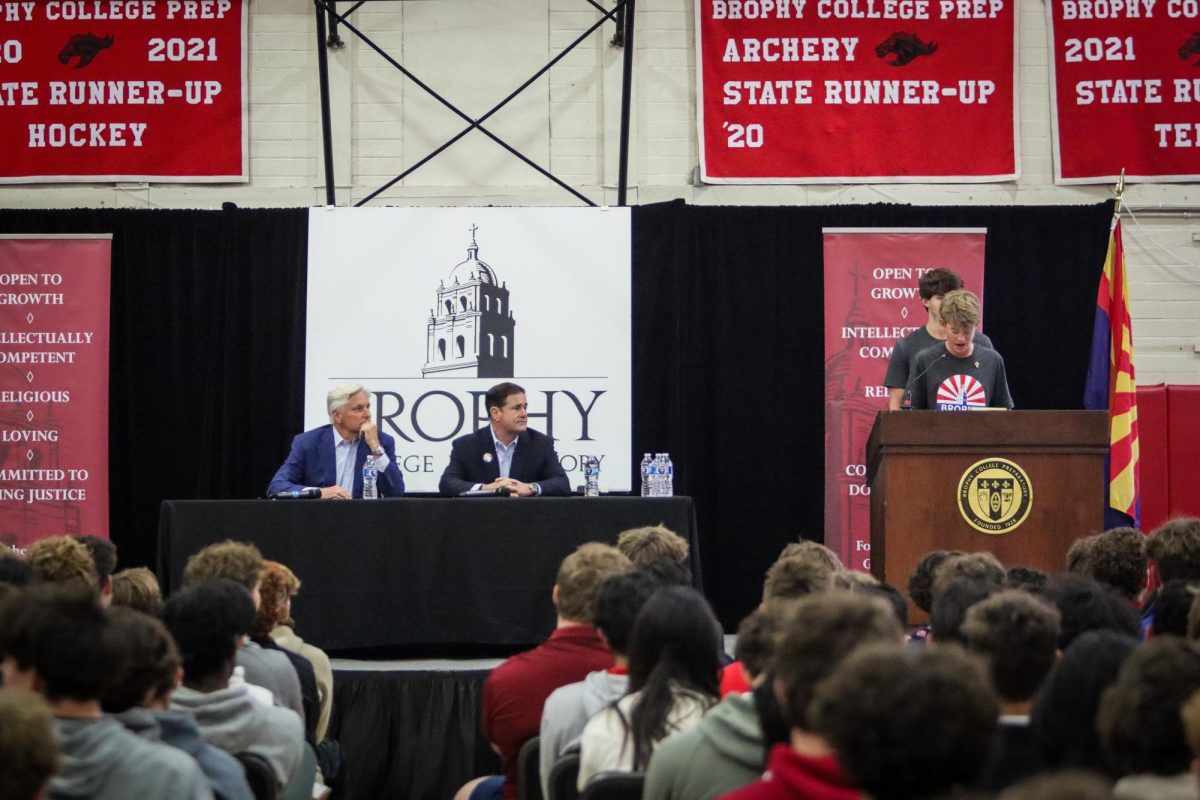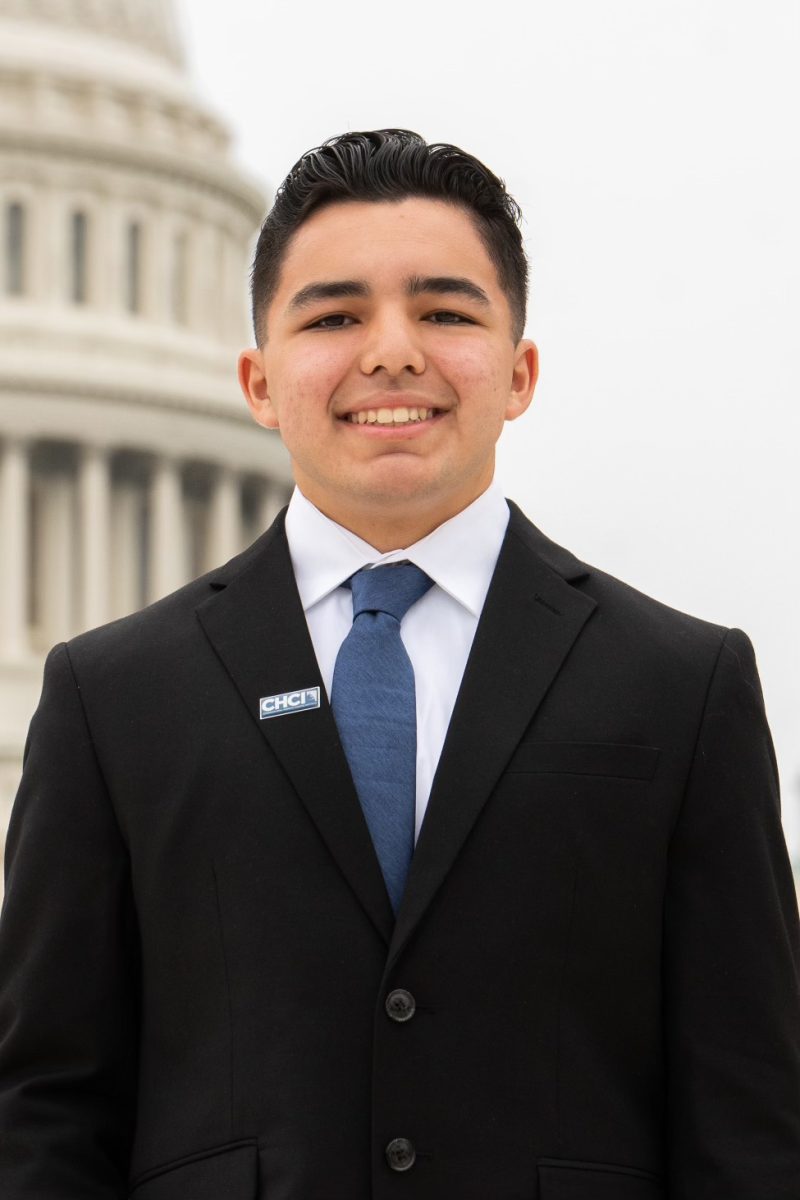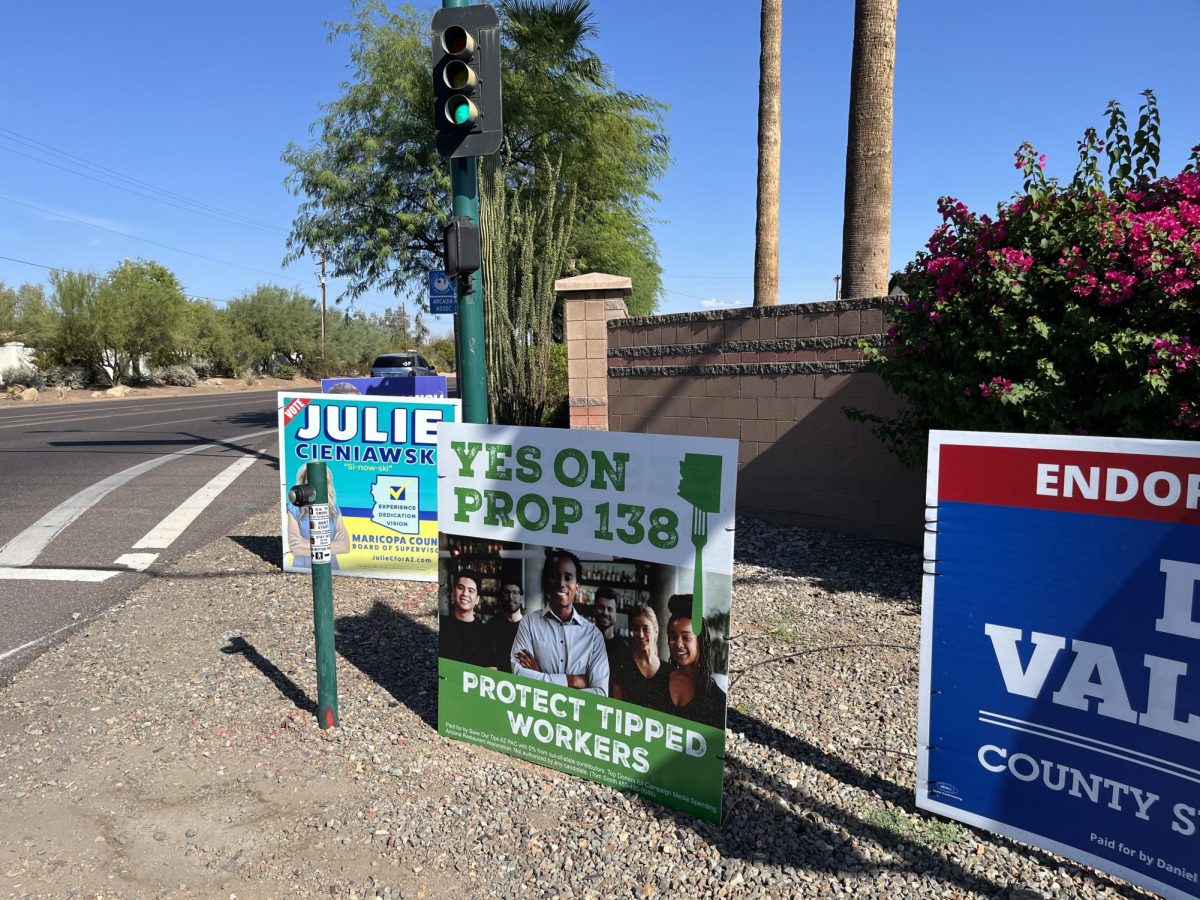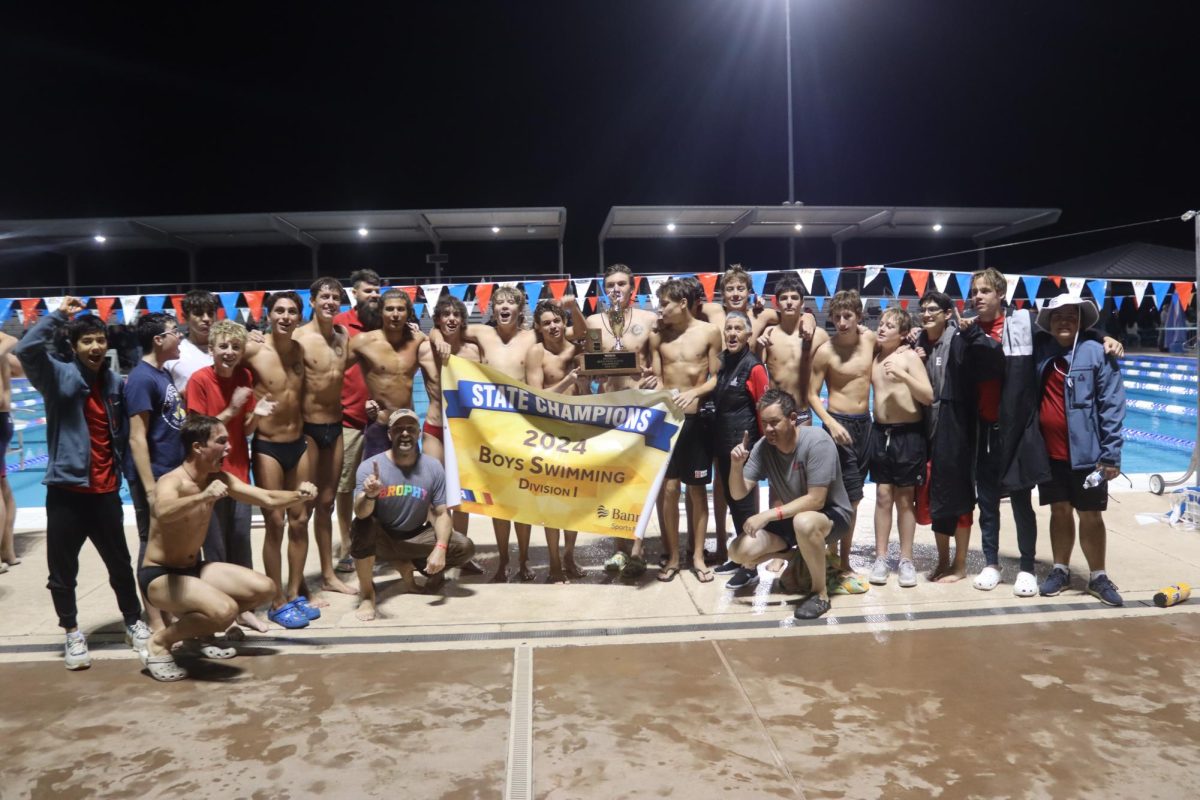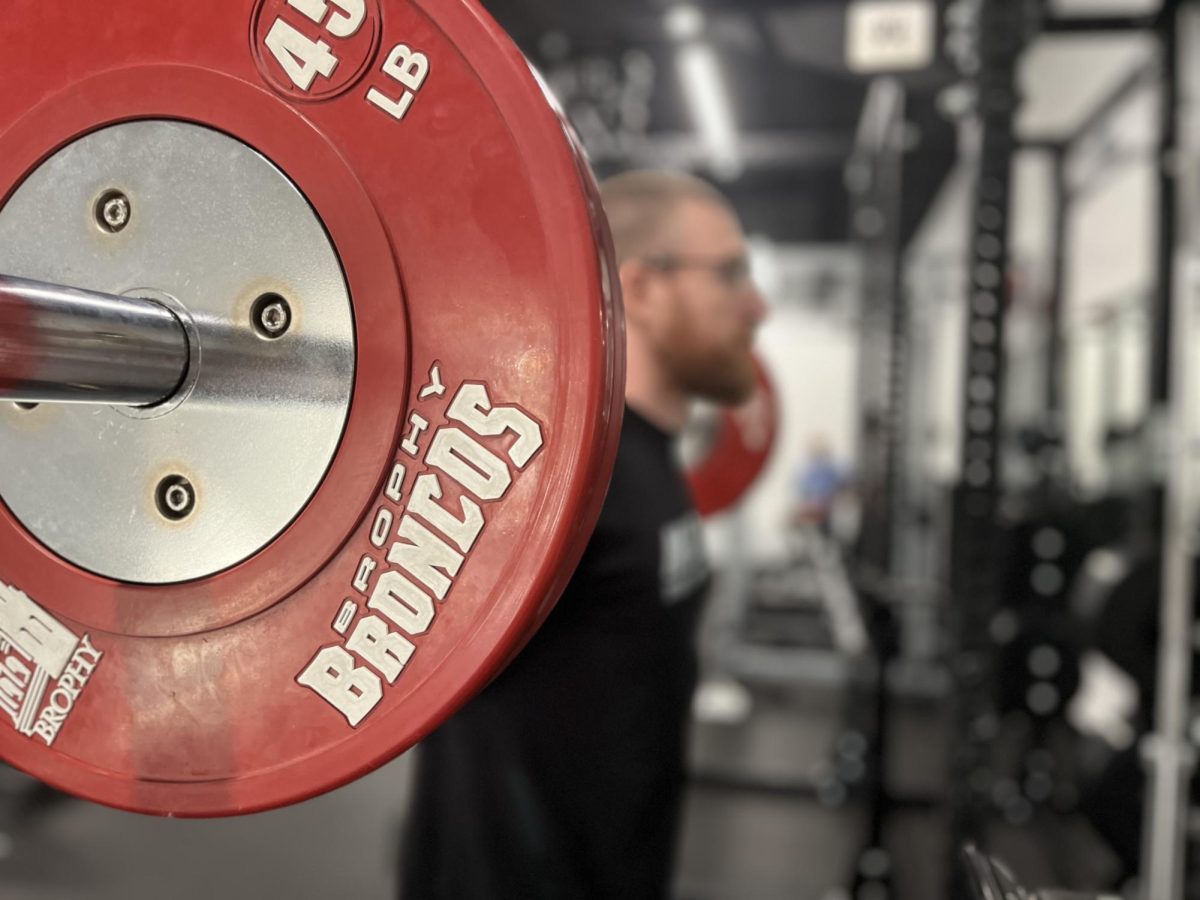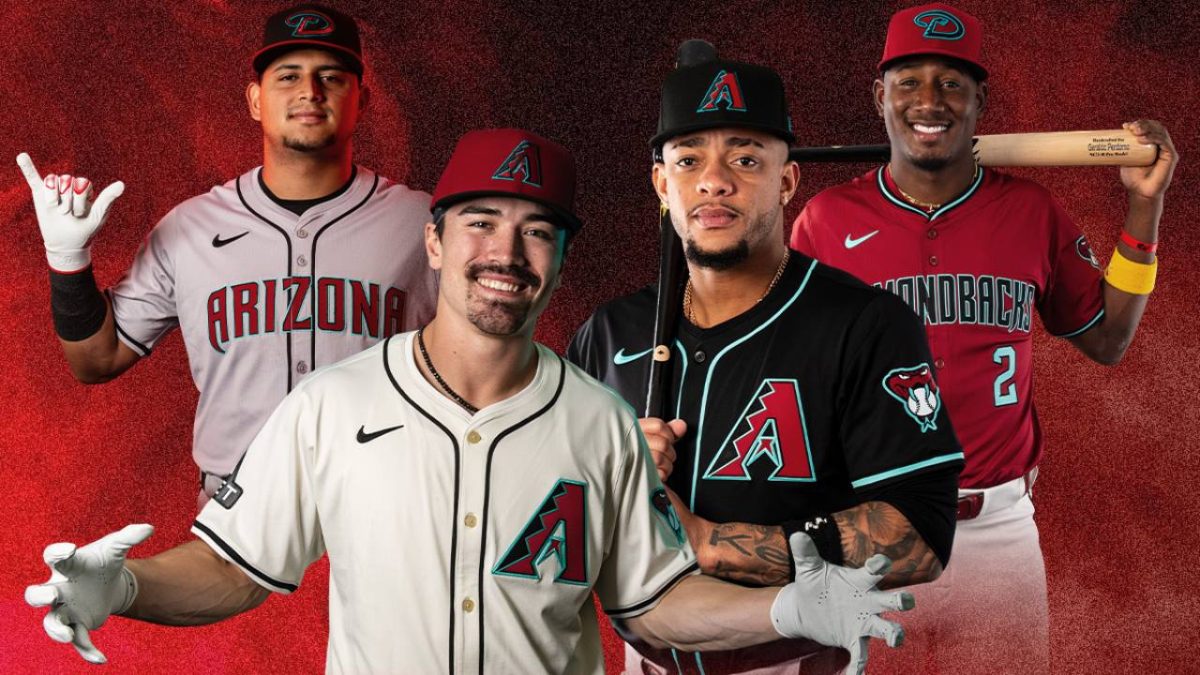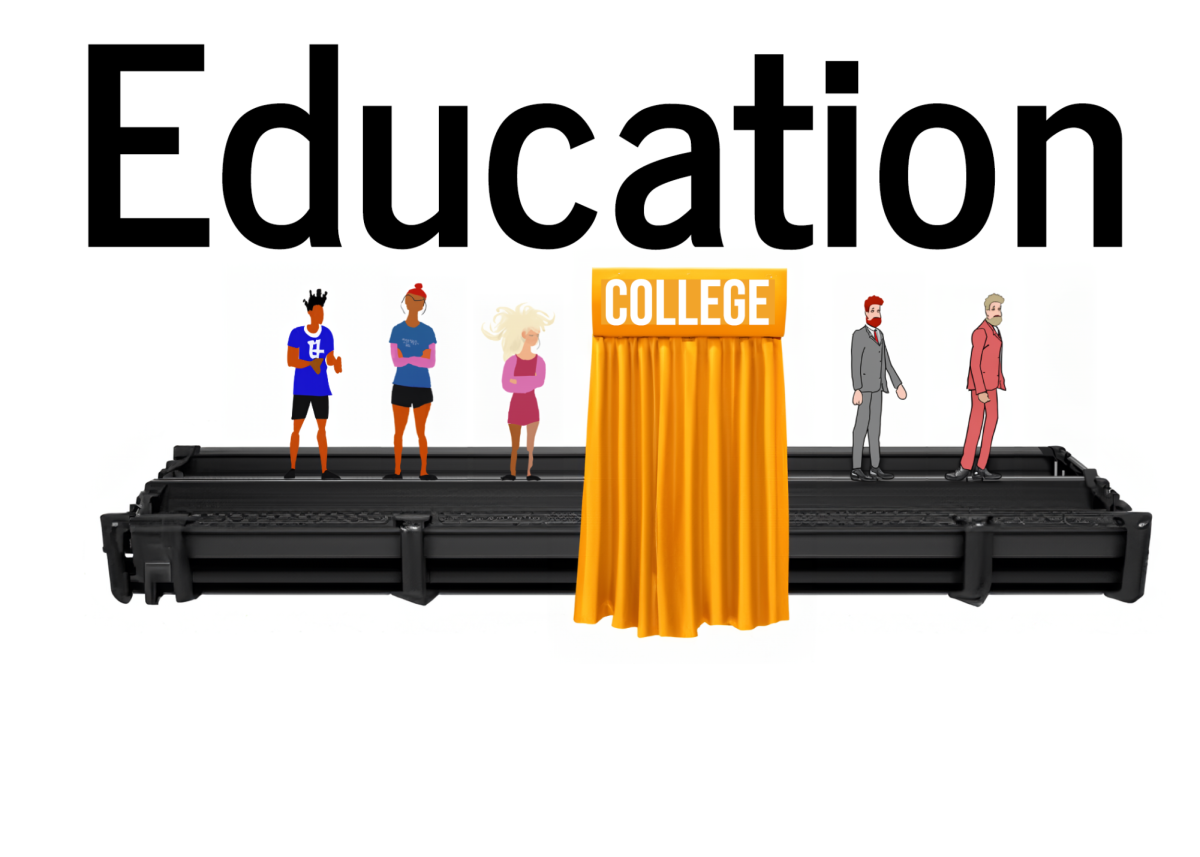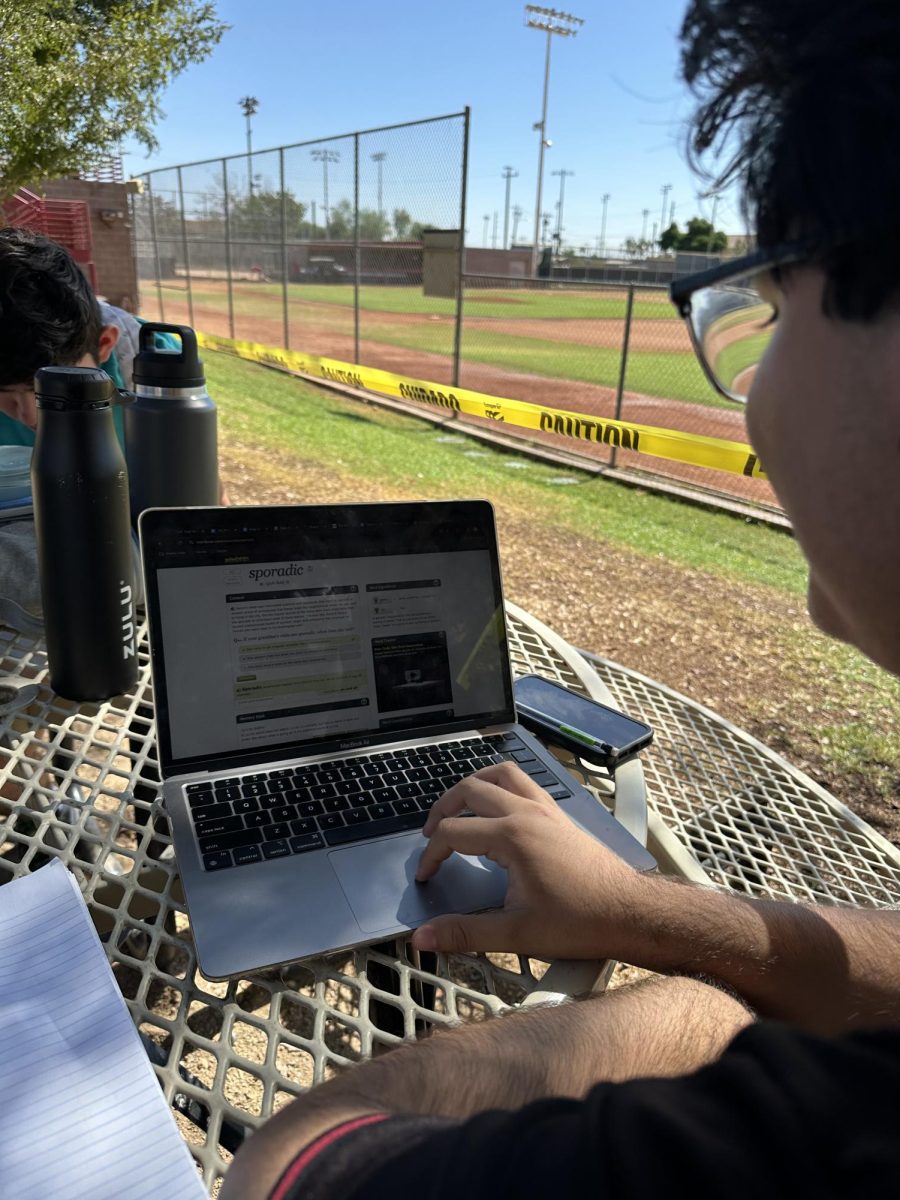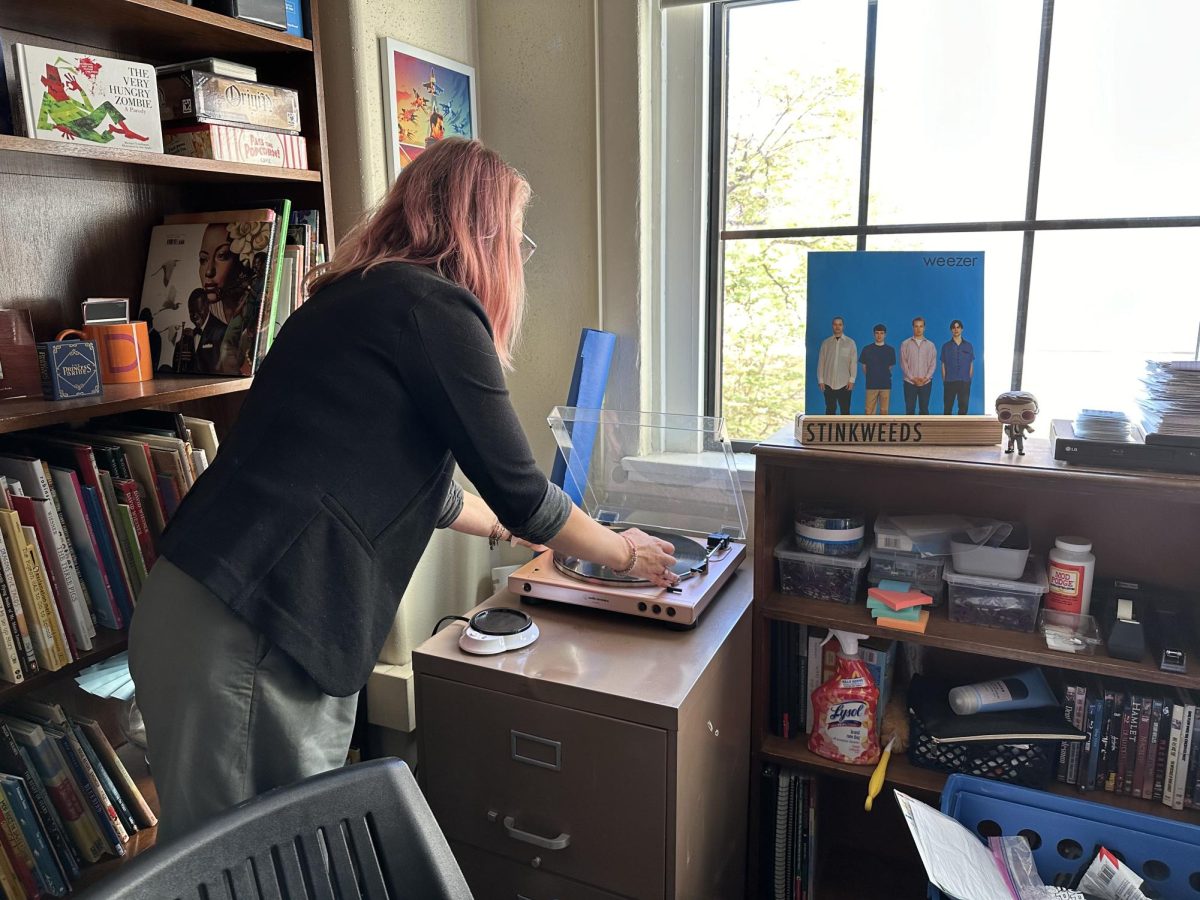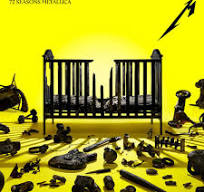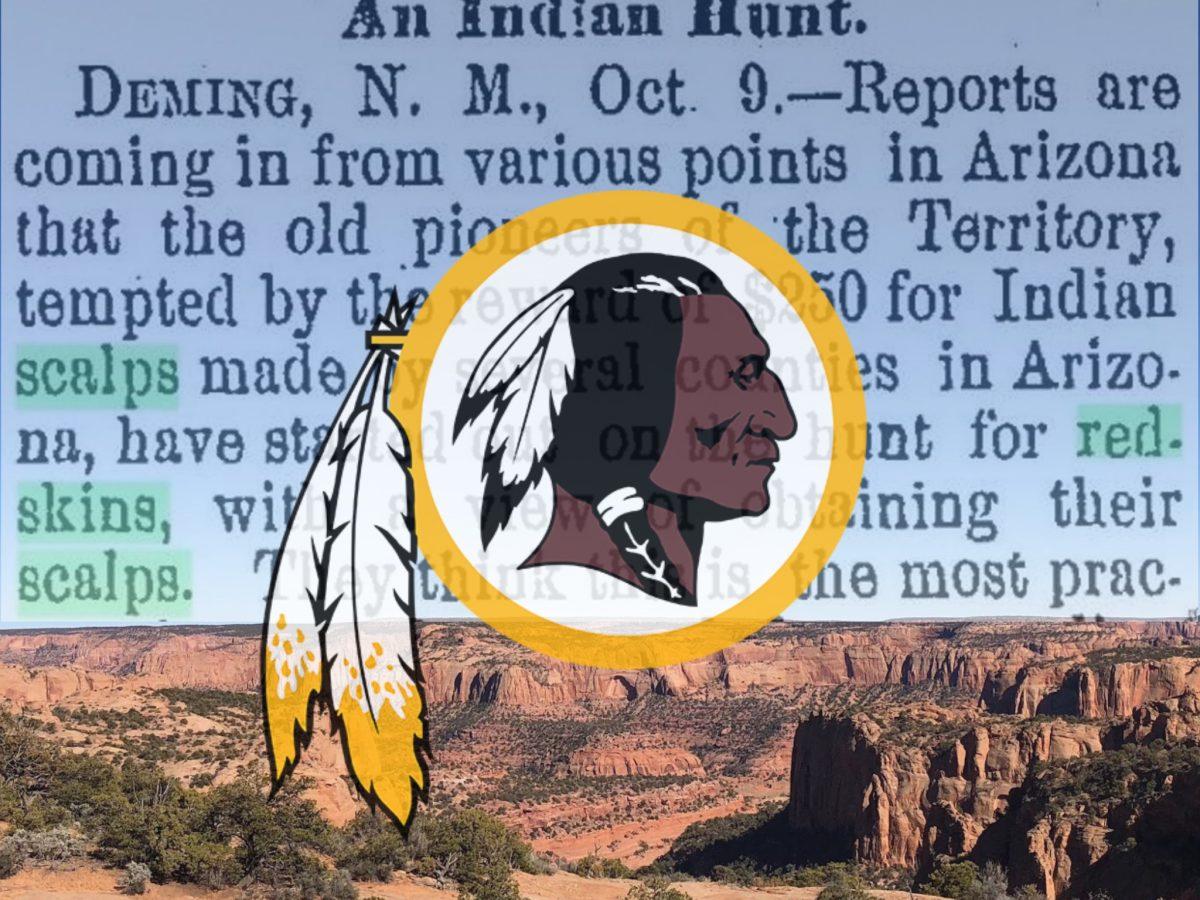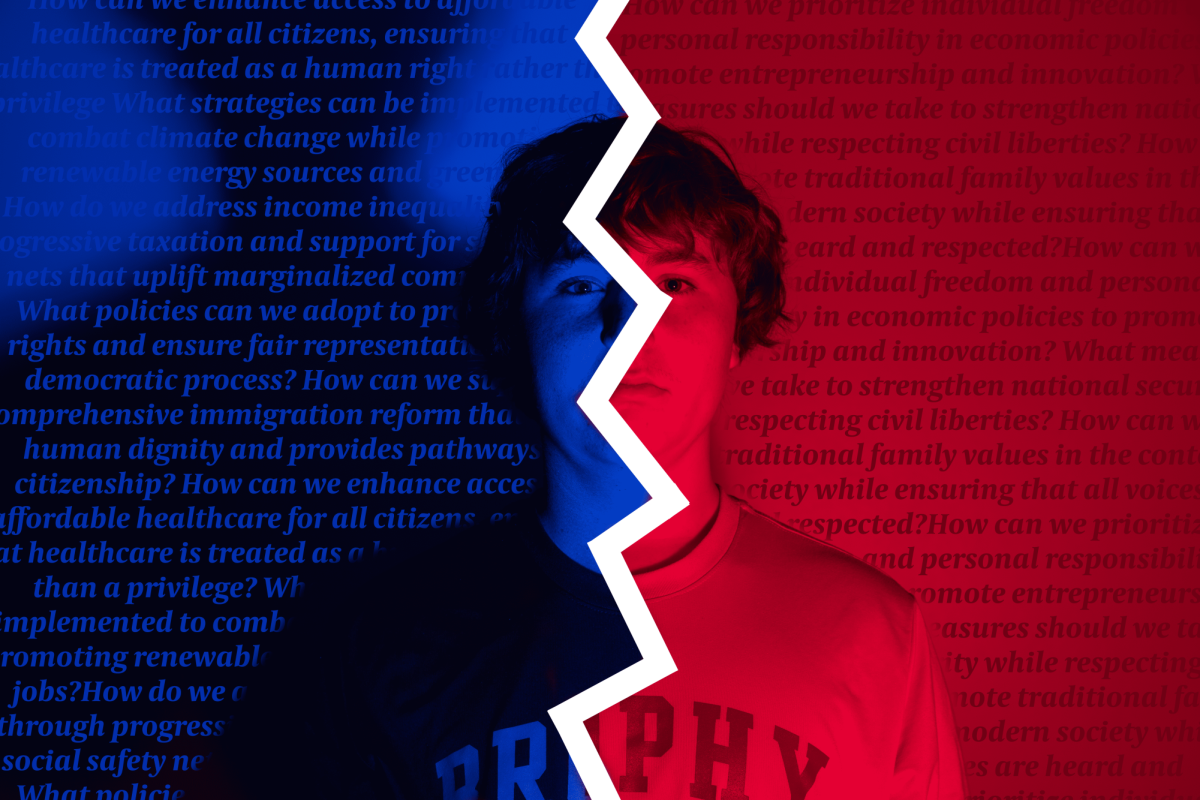Illustration by Victor Beck ’20 | Stereotypical sports teams’ mascots and culturally appropiating costumes harm native culture and identity.
The depiction of indigenous people as sports team mascots diminishes the humanity of natives as people. It puts me and my family on the same level as animals or animated caricatures.
The unnatural skin tone of mascots like the Cleveland Indians and the Washington Redskins make a mockery of indigenous people and these racist images are still being publicly endorsed and promoted.
Born in an era when racism and bigotry were accepted by the dominant culture, “Indian” sports brands have grown to become multi-million dollar franchises, thus giving them power to continue.
Rather than honoring Native peoples, these caricatures play into deeply harmful and negative stereotypes and perpetuate a culture of racism and ignorance in regards to native/indigenous communities.
In Arizona, the word “redskin” was used as a way to advertise and promote the business of scalping.
In the early time of settlers the practice of scalping Native American Indians was prevalent, bounty could be anywhere from $250-400 per scalp.
The word “redskin” is a direct reference to the days when hunting people like animals was accepted.
It hurts to see these images. I don’t think people realize what it feels like to be subjugated and dehumanized in a way that is so widely accepted.
It’s like a slap to the face, years ago I was told not to be the stereotype. I was told to get off the reservation and to never drink alcohol or get addicted to drugs.
I was told to make something of myself. It’s hard when you are trying to make your people proud and still to this day be portrayed in a way that makes you feel less of a human and more as a cartoon.
When they treat natives as something not real or tangible, something forgotten and as just a means to make money and sell merchandise. They are making a mockery of my family, identity and culture.
The team finance officers and advertisers care more about sales than about what’s right, and are not taking into consideration that the name “redskin” is in fact racist.
The selling of culture appropriating costumes is racist.
When a person makes the cautious decision to dress up as a wild “injun” or “war chief shaman” they treat my culture as something that can be taken.
Cultural appropriation is harmful because it is an extension of centuries of racism, genocide and oppression. Cultural appropriation treats all aspects of marginalized cultures as free for the taking.
In preschool I was given a class activity for thanksgiving, we decorated feathers with crayons and further designed them with markers.
We glued the feathers to paper bands and were told to wear them on our heads to celebrate the holiday. My class of kindergarteners were all given the chance to be native for a day.
Looking back on this activity, I am filled with feelings of anger, sadness, and pain.
When we teach kids at a young age that it’s okay to steal and take from other peoples cultures we normalize the injustices of appropriation and racism.
I don’t tell this story to openly criticize little children, but I write this because of the teachers who didn’t say anything, or the parents who thought it alright to buy that party city costume.
I am writing this to bring change and awareness to this issue. I write this for the many native students and people who watch every Halloween, Thanksgiving, football, and baseball game with pain in their eyes and in their hearts.
They are forced again to be reminded of the reality in which they are coming from.
The reality that their families and ancestors were faced with. The reality of genocide, oppression, and a long history of broken promises.
What they teach you in history class is a misconstrued truth, the voices of indigenous people matter, it is one of beauty, strength, and resilience.
When you are fed the same image your entire life it becomes hard for you not to believe it yourself. The words “savage” and “redskin” are more than their modern day connotation, they hold a lot of history, it’s important to be aware of the history of these words because when you know where they are coming from it’s easier to see that they are words of pain and suffering than of honor and respect.

